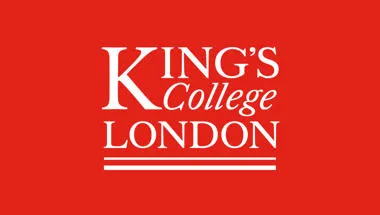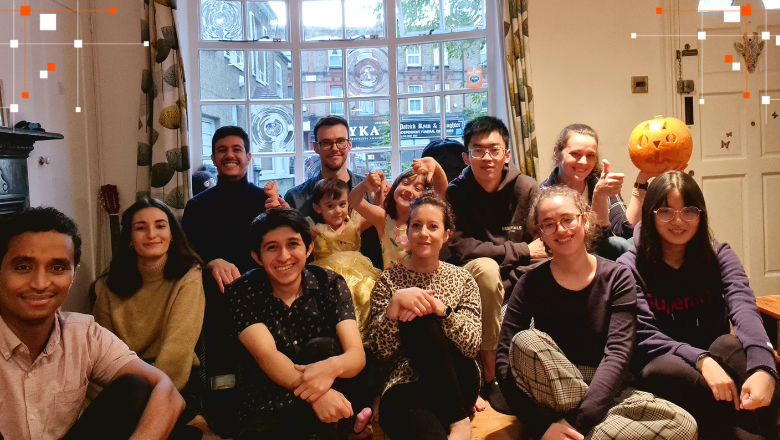
Dr Emma Robinson
Head of Research Department of Biomedical Computing
- Reader in Biomedical Computing
Research interests
- Imaging sciences
Biography
Dr Robinson's research focuses on the development of computational methods for brain imaging and neuroscience, spanning classical as well as AI methods. Most notably, her software for cortical surface registration (Multimodal Surface Matching, MSM) was central to the development of the Human Connectome Project’s (HCP)“Multi-modal parcellation of the Human Cortex “ (Glasser et al, Nature 2016), and has featured as a central tenet in the HCP’s paradigm for neuroimage analysis. Her current research interests are focused on the development of geometric deep learning tools for modelling functions on the cortical and cardiac surfaces, optimising image processing pipelines open data collections such as the HCP, developing HCP and UK Biobank, and building learning-based models of neurological processes (neurological Digital Twins).
Research

Mind and Skin Consortium
A prospective cohort study evaluating the impact of inflammation, itch and sleep disturbance on the brain, mental health and cognition, in patients with eczema.
Project status: Ongoing
News
In conversation with Dr Emma Robinson
Following on from her recent achievement in receiving the Research Guidance and Mentorship award, Dr Emma Robinson talks about the importance of supportive...

New-born babies' brains reveal new insights in child development
A study of asymmetries in babies’ brains has led to new hypotheses about neonatal development.

NMS Christmas Lectures 2019
The countdown to the holidays began recently in the Faculty of Natural & Mathematical Sciences, as school pupils from across London attended the Faculty’s...

Research

Mind and Skin Consortium
A prospective cohort study evaluating the impact of inflammation, itch and sleep disturbance on the brain, mental health and cognition, in patients with eczema.
Project status: Ongoing
News
In conversation with Dr Emma Robinson
Following on from her recent achievement in receiving the Research Guidance and Mentorship award, Dr Emma Robinson talks about the importance of supportive...

New-born babies' brains reveal new insights in child development
A study of asymmetries in babies’ brains has led to new hypotheses about neonatal development.

NMS Christmas Lectures 2019
The countdown to the holidays began recently in the Faculty of Natural & Mathematical Sciences, as school pupils from across London attended the Faculty’s...

